FTC Challenges Court Ruling On Microsoft's Activision Blizzard Acquisition

Table of Contents
The FTC's Arguments Against the Merger
The FTC's primary concern centers around potential anti-competitive practices resulting from the merger. They argue that Microsoft's acquisition of Activision Blizzard would significantly reduce competition, harming consumers. Their arguments hinge on several key points:
-
Reduced Competition in the Console Market: The FTC believes the merger would give Microsoft an unfair advantage over competitors like Sony and Nintendo, particularly in the console market. Microsoft's acquisition of Activision Blizzard’s powerful franchises would solidify its position, potentially stifling innovation and limiting consumer choice.
-
Call of Duty Exclusivity: The fate of Call of Duty, one of the world's most popular video game franchises, is a major point of contention. The FTC fears Microsoft might make Call of Duty exclusive to its Xbox ecosystem, harming players on PlayStation and other platforms. This would significantly disadvantage competitors and limit consumer access to a beloved title.
-
Market Dominance and Leverage: The FTC worries that Microsoft's increased market power post-merger would allow them to leverage their influence across the gaming ecosystem, potentially influencing pricing, game development, and distribution in ways that harm consumers and competitors. They argue that Microsoft could use its newfound dominance to suppress competition and innovation.
-
Cloud Gaming Domination: The acquisition of Activision Blizzard's extensive portfolio strengthens Microsoft's position in the burgeoning cloud gaming market, further fueling concerns about potential market dominance and reduced competition.
The Court's Initial Decision and Reasoning
Despite the FTC's concerns, a US District Judge initially ruled in favor of Microsoft, allowing the acquisition to proceed. The judge's decision rested on several key factors:
-
Microsoft's Defense: Microsoft presented a strong defense, arguing that the merger would actually benefit consumers by expanding access to games through subscription services like Game Pass. They committed to keeping Call of Duty on PlayStation, albeit under potentially less favorable terms for Sony.
-
Evidence Presented: The court considered evidence presented by both sides, including market analyses, expert testimony, and projections regarding the impact of the merger. The judge ultimately found that the FTC hadn't presented sufficient evidence to prove that the merger would substantially lessen competition.
-
Assessment of the Competitive Landscape: The judge's assessment of the competitive landscape played a crucial role in the decision. They found that the gaming market remains dynamic and competitive, with multiple players vying for market share.
The FTC's Appeal and Next Steps
The FTC, unconvinced by the court's initial decision, has appealed the ruling. This appeal initiates a new phase of legal proceedings with significant implications:
-
Grounds for Appeal: The FTC's appeal likely centers on the court's assessment of the evidence and its interpretation of antitrust laws. They will argue that the judge misconstrued the potential harm to competition.
-
Timeline and Potential Outcomes: The appeal process could take months, even years, to conclude. Potential outcomes include: a successful appeal (blocking the merger), an unsuccessful appeal (allowing the merger to proceed), or a potential settlement between Microsoft and the FTC.
-
Impact on Future Mergers and Acquisitions: This case sets a significant precedent for future mergers and acquisitions in the gaming industry and the broader tech sector. The outcome will influence how regulators approach similar deals in the future.
Impact on Consumers and the Gaming Industry
The outcome of this legal battle holds profound consequences for consumers and the entire gaming ecosystem:
-
Game Prices: The merger could affect game prices, either by increasing them due to reduced competition or potentially decreasing them through bundled services.
-
Game Availability: The availability of specific games, especially Call of Duty, could be significantly impacted depending on Microsoft's post-merger strategies.
-
Consumer Choice: The level of consumer choice regarding game platforms and titles could be affected by the outcome, with potential benefits or drawbacks depending on the final decision.
-
Industry Consolidation: This case highlights the ongoing trend of consolidation within the gaming industry, raising concerns about the potential for reduced competition and innovation.
Conclusion
The FTC's challenge to the Microsoft Activision Blizzard acquisition is a pivotal moment for the gaming industry and antitrust law. The arguments presented by both sides highlight the complex issues surrounding market dominance, consumer welfare, and the evolving landscape of digital entertainment. The appeal process will determine the fate of this massive merger and set a precedent for future deals in the tech sector. The ongoing legal battle's impact on the gaming landscape remains to be seen, but its ramifications are undeniable. Follow the Microsoft Activision Blizzard acquisition case closely – stay informed about the FTC's challenge and its implications by subscribing to our newsletter or following us on social media for further updates on this crucial case impacting the gaming industry and competition law.

Featured Posts
-
 Unite Du Ps Bouamrane Face A Faure Au Congres
May 27, 2025
Unite Du Ps Bouamrane Face A Faure Au Congres
May 27, 2025 -
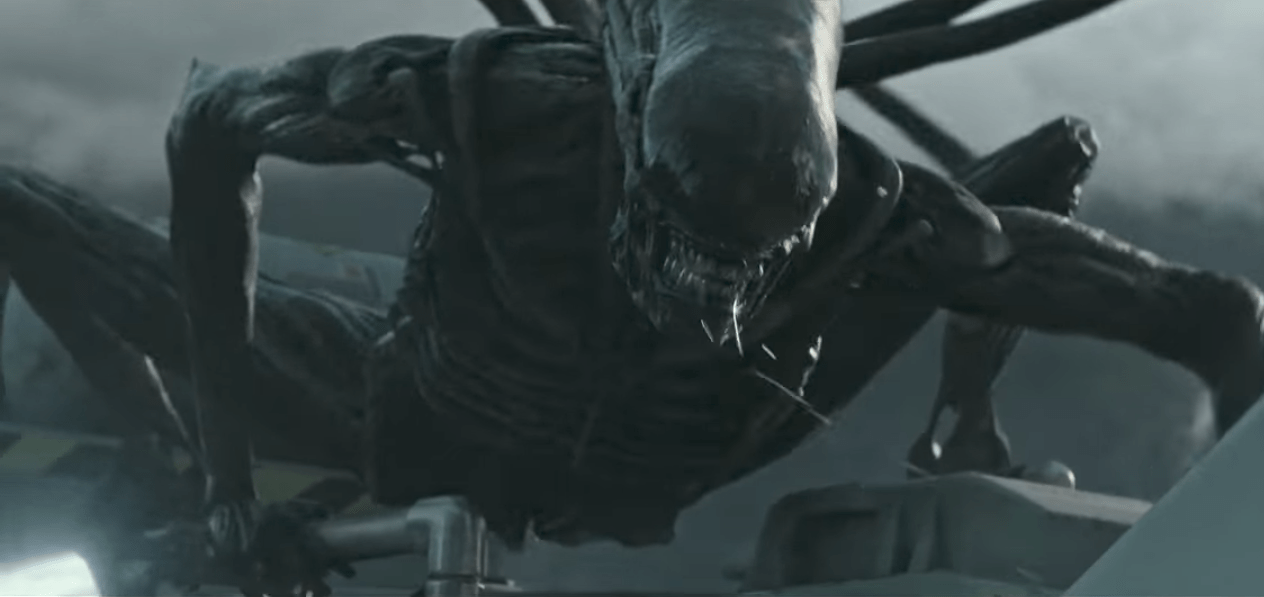 The Alien Franchise A Look At Ridley Scotts 13 Year Impact
May 27, 2025
The Alien Franchise A Look At Ridley Scotts 13 Year Impact
May 27, 2025 -
 Ashton Kutcher And Mila Kunis Post Filming Outing In Beverly Hills
May 27, 2025
Ashton Kutcher And Mila Kunis Post Filming Outing In Beverly Hills
May 27, 2025 -
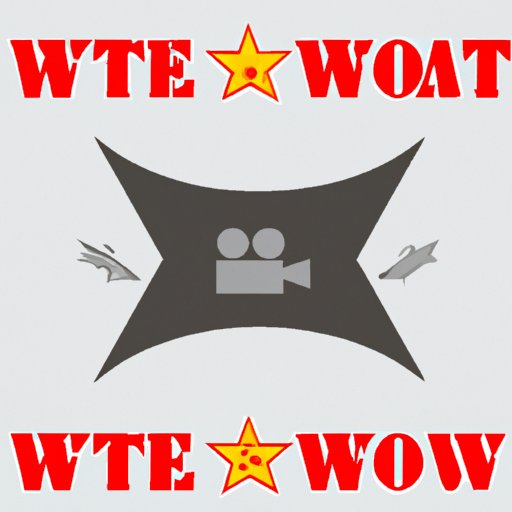 Top 12 Modern War Movies You Can Watch Online
May 27, 2025
Top 12 Modern War Movies You Can Watch Online
May 27, 2025 -
 When Will Green Bones Mmff 2024 Be On Netflix The Breadwinners Journey
May 27, 2025
When Will Green Bones Mmff 2024 Be On Netflix The Breadwinners Journey
May 27, 2025
Latest Posts
-
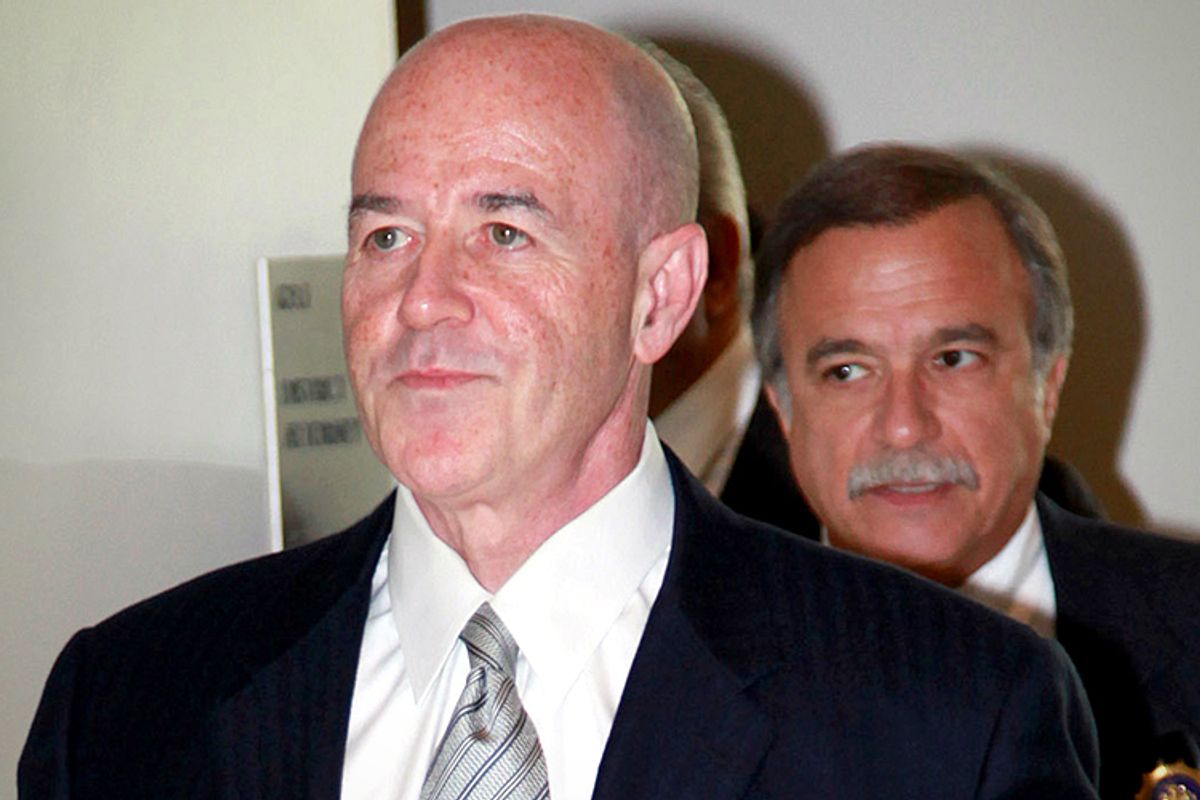 Bernard Kerik Former Nypd Commissioner Undergoes Hospital Treatment
May 31, 2025
Bernard Kerik Former Nypd Commissioner Undergoes Hospital Treatment
May 31, 2025 -
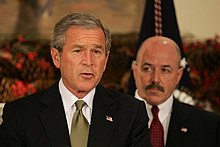 The Family Of Bernard Kerik Focusing On Hala Matli And Their Children
May 31, 2025
The Family Of Bernard Kerik Focusing On Hala Matli And Their Children
May 31, 2025 -
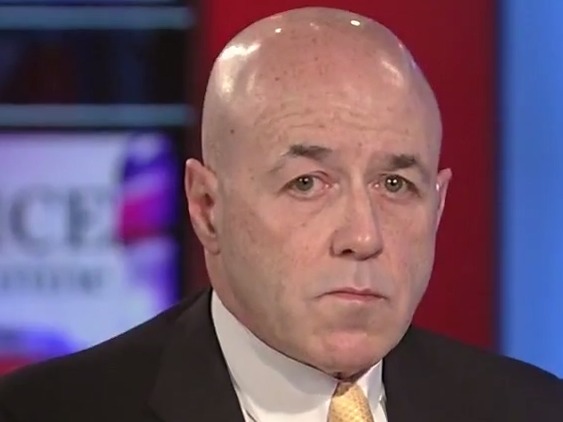 Health Update Former Nypd Commissioner Kerik Hospitalized Expected To Recover Fully
May 31, 2025
Health Update Former Nypd Commissioner Kerik Hospitalized Expected To Recover Fully
May 31, 2025 -
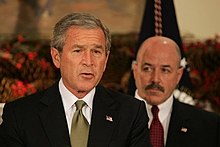 Bernard Kerik And Hala Matli Family Life And Children
May 31, 2025
Bernard Kerik And Hala Matli Family Life And Children
May 31, 2025 -
 Nypds Bernard Kerik Hospitalized Doctors Expect Full Recovery
May 31, 2025
Nypds Bernard Kerik Hospitalized Doctors Expect Full Recovery
May 31, 2025
